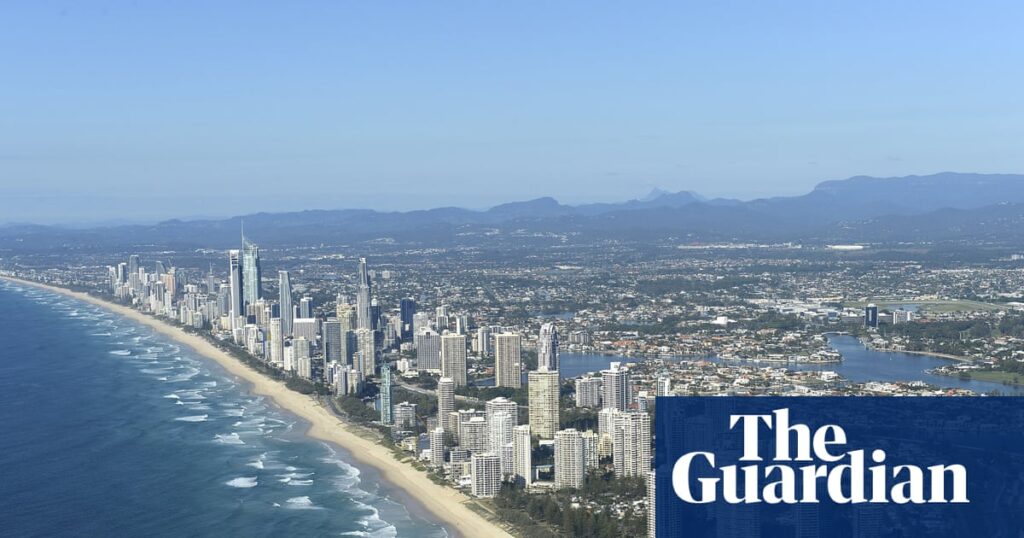
A US-based organization, the Combat Antisemitism Movement (CAM), has extended an invitation to hundreds of local mayors and councillors across Australia, offering fully funded travel and accommodation to attend a summit on antisemitism on the Gold Coast. The conference, scheduled from September 3 to 5, aims to address rising concerns about antisemitism.
At least one mayor has accepted the offer, which is sponsored by Australian companies and Jewish groups. Meanwhile, some councils are independently spending up to $6,500 to send multiple representatives to the event. However, many councils have declined the invitation, citing concerns about the appropriateness of accepting financial assistance from a group that seeks to influence local government policy.
Varied Responses from Local Councils
Guardian Australia reached out to several councils, discovering a mixed response to the invitation. While some councils have accepted the offer, others have expressed reservations. A councillor from a Melbourne local government area described the offer as “highly unusual,” while another remarked that they had “never seen anything like it” in their five years of service.
Despite these concerns, Glen Eira Mayor Simone Zmood will attend the conference with her costs covered by sponsors, including Meriton Suites and the Executive Council of Australian Jewry. A spokesperson for the council stated, “We believe it’s important for Glen Eira’s voice to be part of national conversations that condemn antisemitism and work to prevent all forms of racism and hatred.”
Financial and Ethical Considerations
Woollahra Council in Sydney is spending $6,500 to send four councillors and Mayor Sarah Swan, who will speak at the event without compensation. Stonnington Deputy Mayor Tom Humphries and Melbourne Deputy Lord Mayor Roshena Campbell have declined financial assistance, opting to cover their own expenses.
Transparency International Australia’s CEO, Clancy Moore, expressed concerns about the implications of accepting such offers. “When mayors or councillors accept paid trips or hospitality from lobby groups with a view to influencing council policy, it can raise questions about impartiality and public trust,” Moore stated.
Calls for a Boycott
A coalition of leaders, including the Australian Services Union and the Jewish Council of Australia, has called for a boycott of the conference. They argue that the financial assistance offered amounts to a “paid junket” and accuse CAM of conflating criticism of Israel with antisemitism. This criticism is linked to CAM’s advocacy for adopting the controversial International Holocaust Remembrance Alliance (IHRA) definition of antisemitism.
Jillian Segal, the federal government’s antisemitism envoy, recommended adopting the IHRA definition in July, sparking debate within federal Labor. Segal is a key speaker at the conference but will not receive payment.
CAM’s Defense and Broader Implications
CAM has denied allegations of conflating criticism of Israel with antisemitism. A spokesperson emphasized that the sponsors of the travel were transparently listed and that the assistance was meant to provide councils with “practical tools to strengthen social cohesion, reduce hate, and build more inclusive communities across the nation.”
The mayor of Sydney’s Inner West Council, Darcy Byrne, has resisted calls to withdraw from the summit. Byrne criticized CAM for its portrayal of a recent march across the Sydney Harbour Bridge as an example of antisemitism. He stated, “In my address to the summit, I will make plain our total opposition to the Netanyahu government’s atrocious conduct towards Palestinian civilians.”
Byrne further emphasized the need to oppose both antisemitism and racism within Australia, asserting, “This is a basic principle that I would have thought all anti-racism advocates would support.”
A CAM spokesperson clarified that their concern was not with the march itself but with “numerous manifestations of antisemitism” observed during the event. “Our concern was directed at the hate speech, incitement to violence, glorification of terrorism, and Holocaust inversion that have no place on the streets of any city across the globe,” the spokesperson stated.
As the conference approaches, the debate over the ethical implications of accepting sponsored travel continues to unfold, highlighting broader questions about the intersection of advocacy, policy, and governance in addressing antisemitism.







